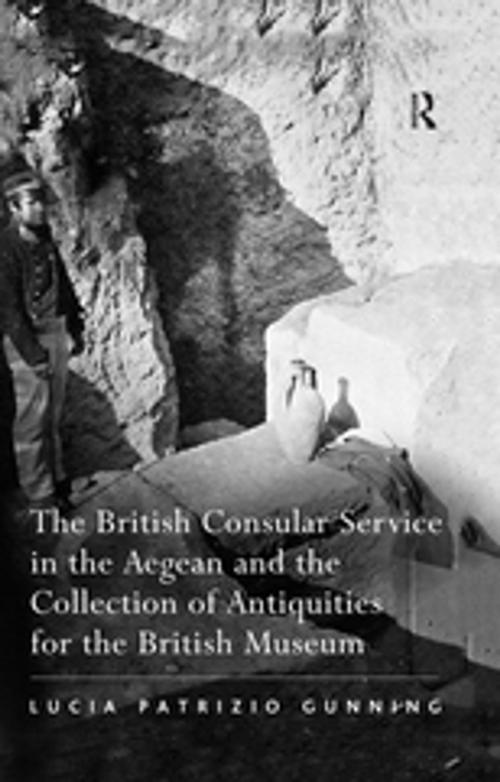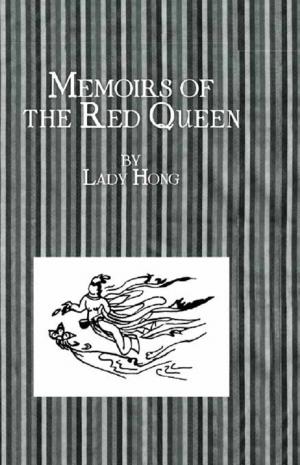The British Consular Service in the Aegean and the Collection of Antiquities for the British Museum
Nonfiction, History| Author: | Lucia Patrizio Gunning | ISBN: | 9781351893596 |
| Publisher: | Taylor and Francis | Publication: | December 5, 2016 |
| Imprint: | Routledge | Language: | English |
| Author: | Lucia Patrizio Gunning |
| ISBN: | 9781351893596 |
| Publisher: | Taylor and Francis |
| Publication: | December 5, 2016 |
| Imprint: | Routledge |
| Language: | English |
The book tells the story of how the British consular service in the Aegean, in the years of the British protectorate of the Ionian Islands (1815-1864) became an agency for the retrieval, excavation and collection of antiquities eventually destined for the British Museum. Exploring the historical, political and diplomatic circumstances that allowed the consular service to develop from a chartered company into a state run institution under the direction of the Foreign Office, it provides a unique perspective on the intersection of state policy, private ambition, and the collecting of antiquities. Drawing extensively on consular correspondence, the study sets out several challenges to current views. For those interested in the history of travel in the Levant, or more generally in the Grand Tour, the book presents an alternative point of view that challenges the travellers' descriptions of the region. The book also intersects with British diplomatic history, providing an insight into the consuls in both their official and private circumstances, and comparing their situation under the Levant Company with that of the Foreign Office run consular service. The complex political situation in the Aegean at the time of the take over of the service is examined along with the political and commercial roles of the consuls, their daily dealings with the Greeks and Ionians, and also with the Ottoman authorities. Through private correspondence, it shows how the consuls' reflected the belief that Greek, Egyptian, Babylonian, Roman and other antiquities would be better looked after in a British, French, German or American museum, than by the people, and in the countries, they were created for. In particular, the book illuminates the public/private nature of the consuls' role, the way they worked with, but independently of, government, and it reveals how Britain was able to acquire major pieces of sculpture from the nineteenth century Aegean.
The book tells the story of how the British consular service in the Aegean, in the years of the British protectorate of the Ionian Islands (1815-1864) became an agency for the retrieval, excavation and collection of antiquities eventually destined for the British Museum. Exploring the historical, political and diplomatic circumstances that allowed the consular service to develop from a chartered company into a state run institution under the direction of the Foreign Office, it provides a unique perspective on the intersection of state policy, private ambition, and the collecting of antiquities. Drawing extensively on consular correspondence, the study sets out several challenges to current views. For those interested in the history of travel in the Levant, or more generally in the Grand Tour, the book presents an alternative point of view that challenges the travellers' descriptions of the region. The book also intersects with British diplomatic history, providing an insight into the consuls in both their official and private circumstances, and comparing their situation under the Levant Company with that of the Foreign Office run consular service. The complex political situation in the Aegean at the time of the take over of the service is examined along with the political and commercial roles of the consuls, their daily dealings with the Greeks and Ionians, and also with the Ottoman authorities. Through private correspondence, it shows how the consuls' reflected the belief that Greek, Egyptian, Babylonian, Roman and other antiquities would be better looked after in a British, French, German or American museum, than by the people, and in the countries, they were created for. In particular, the book illuminates the public/private nature of the consuls' role, the way they worked with, but independently of, government, and it reveals how Britain was able to acquire major pieces of sculpture from the nineteenth century Aegean.















